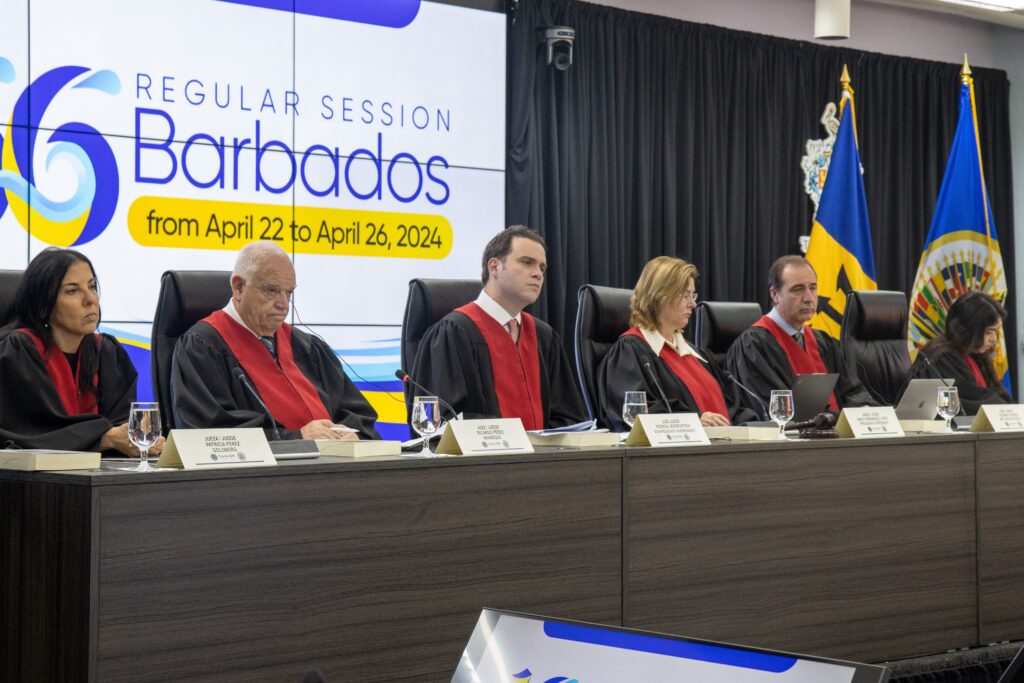By a vote of 65 to 27, the Senate passed broad legislation requiring the first major increase in fuel-mileage requirements for passenger cars in more than 20 years.
Environmental groups hailed the vote on higher mileage requirements as a long-sought victory that could eventually reduce U.S. gasoline consumption by more than 1 million gallons a day.
There was disappointment, however, that it calls for vast expansion of renewable fuels over the next decade, but provides little in tax breaks or other subsidies to promote those fuels.
The struggle provided a harbinger of potentially bigger obstacles when Democrats try to pass legislation this fall to reduce emissions of greenhouse gases tied to global warming. Moreover Democrats said they would have additional opportunities to push their agenda when the House takes up similar legislation, with the goal of passing it before the July 4 recess.
Subscribe to our newsletter
Stay up to date with DeSmog news and alerts






